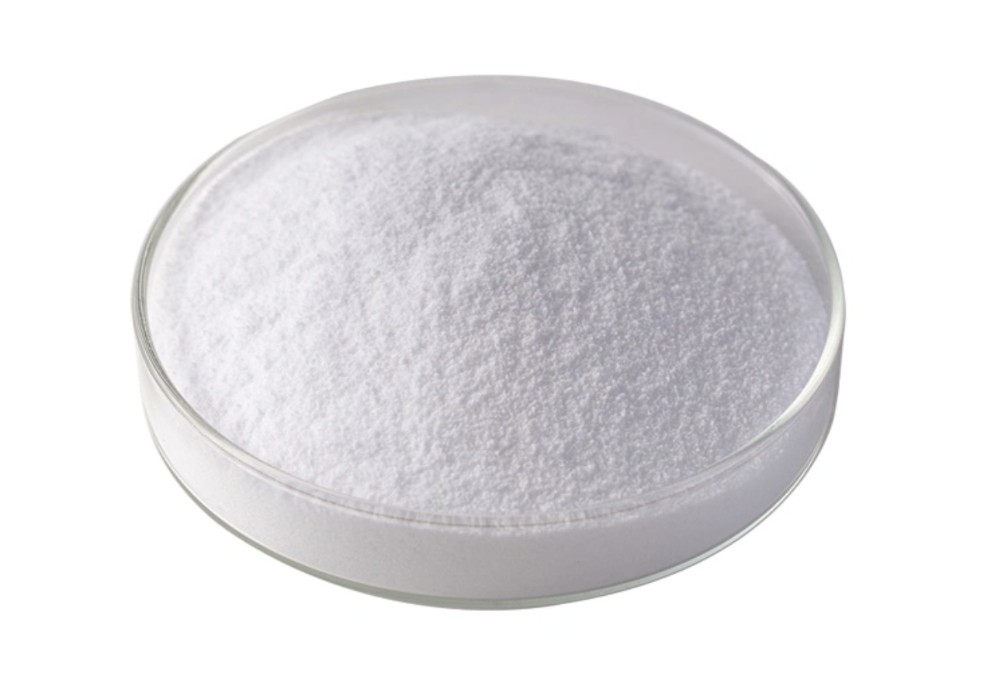Compound 7p was developed as one in series of compounds with the aim of identifying dual-acting thromboxane receptor antagonist/synthase inhibitors . In fact compound 7p shows selectivity for prostaglandin I2 synthase (PTGIS, CYP8A1) over thromboxane synthase (CYP5A1).
Axon regeneration after injury in the central nervous system is hampered in part because if an age-dependent decline in the intrinsic axon growth potential, and one of the strategies to stimulate axon growth in injured neurons involves pharmacological manipulation of implicated signaling pathways.
Here we report phenotypic cell-based screen of chemical libraries and structure-activity-guided optimization that resulted in the identification of compound 7p which promotes neurite outgrowth of cultured primary neurons derived from the hippocampus, cerebral cortex, and retina.
In an animal model of optic nerve injury, compound 7p was shown to induce growth of GAP-43 positive axons, indicating that the in vitro neurite outgrowth activity of compound 7p translates into stimulation of axon regeneration in vivo. Further optimization of compound 7p and elucidation of the mechanisms by which it elicits axon regeneration in vivo will provide a rational basis for future efforts to enhance treatment strategies.
1. Repare the danage head nerve.
2.We report phenotypic cell-based screen of chemical libraries and structure-activity-guided optimization that resulted in the identification of compound 7p which promotes neurite outgrowth of cultured primary neurons derived from the hippocampus, cerebral cortex, and retina. in an animal model of optic nerve injury, compound 7p was shown to induce growth of gap-43 positive axons, indicating that the in vitro neurite outgrowth activity of compound 7p translates into stimulation of axon regeneration in vivo.






















